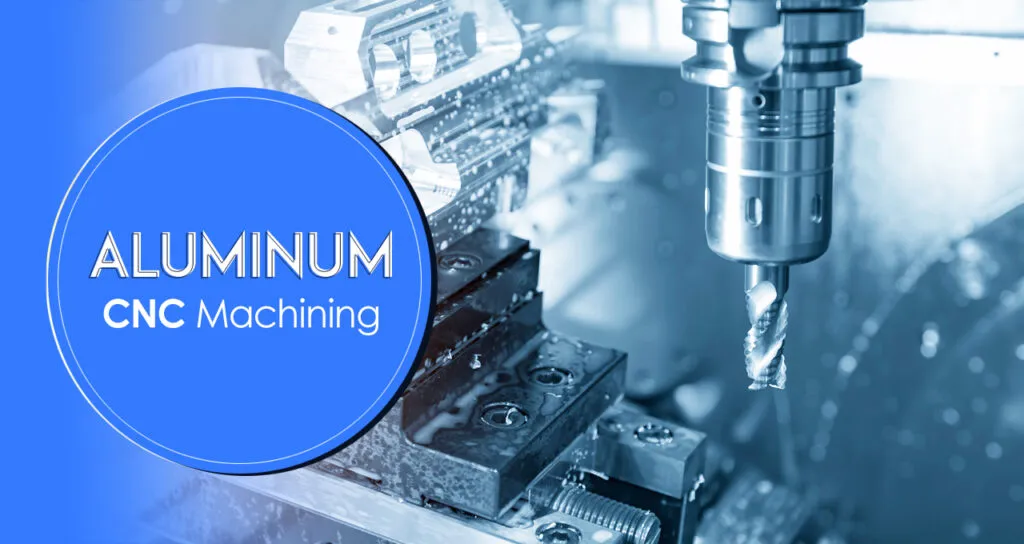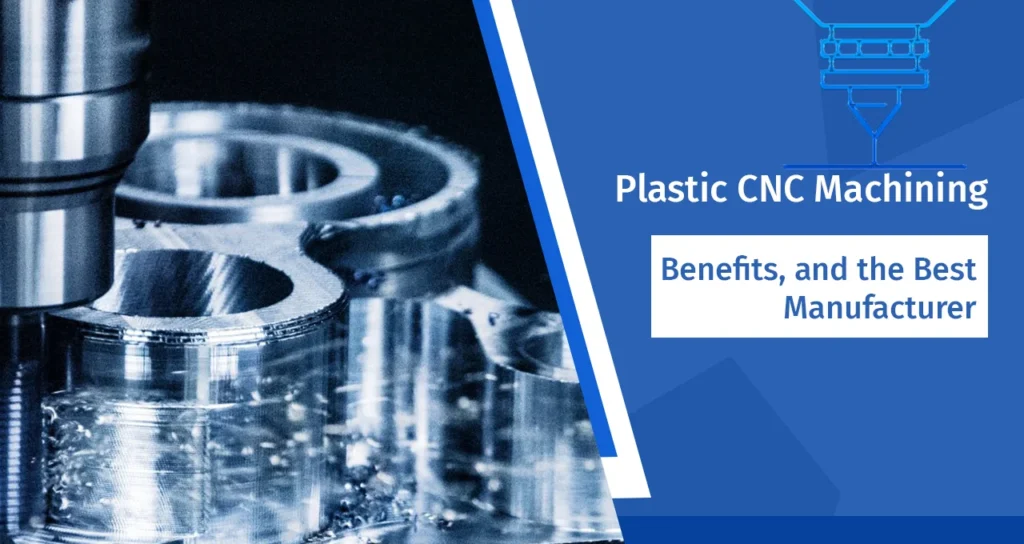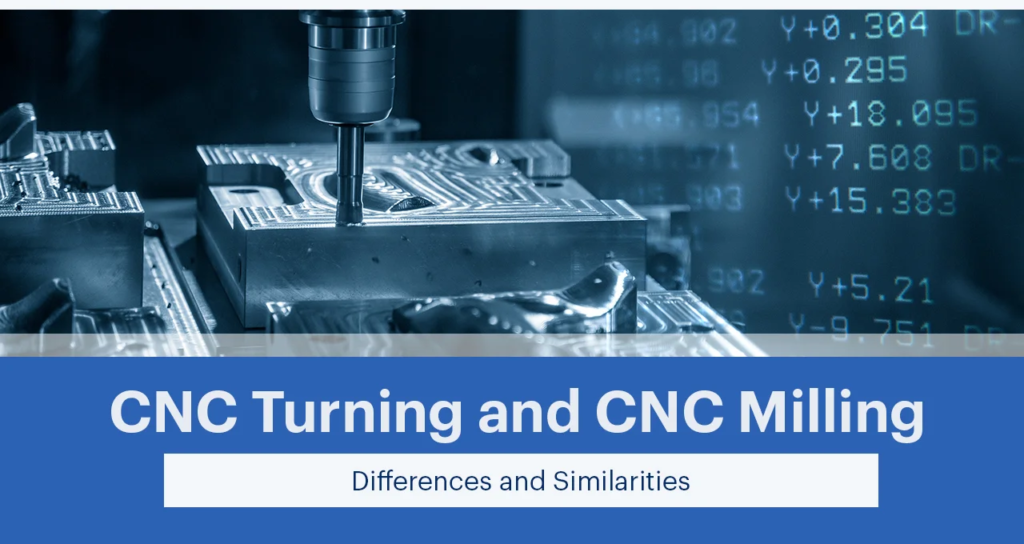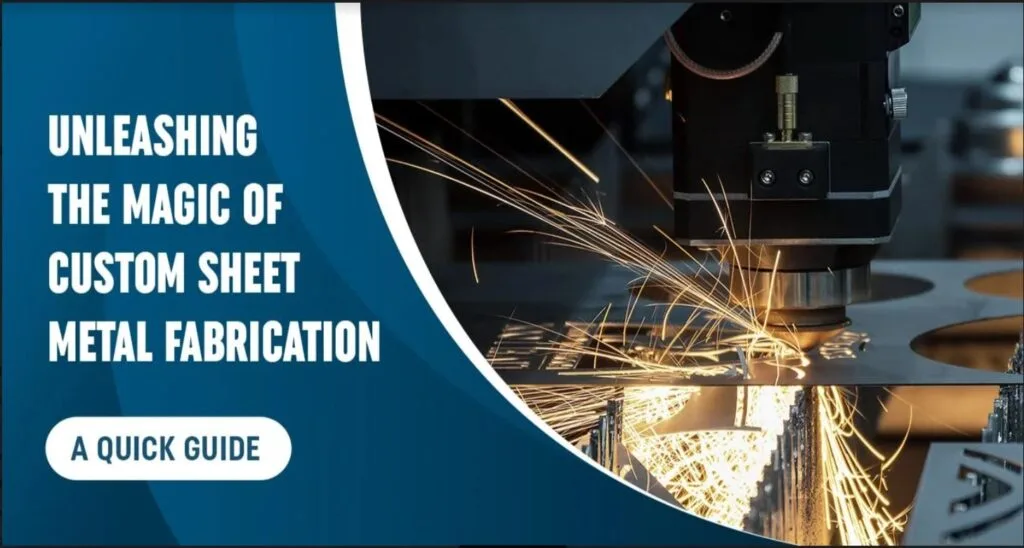In the world of product manufacturing, especially in automotive, medical, aerospace, and consumer electronics applications, aluminum CNC machining has become a popular process. If you are new in this field, you will definitely wonder what makes aluminum CNC machining parts so on demand. Well, we have given your answers below. Read on.

What is Aluminum CNC Machining?
Computer Numerical Control (CNC) machining process involves a program to prototype for product manufacturing. In most cases, it is observed that this process can handle a broad range of material types regardless of size, including:
- Aluminum, copper, bronze, brass
- Nickel Alloys (Inconel 625, 718, Monel K400)
- Stainless Steel (Austenitic, Ferritic, Martensitic, Precipitation Hardened)
- Plastic (ABS, Acetal, PC, PMMA, PP, PA, Nylon, Tufnol…)
- Super Duplex (F53, F55, F61)
- Tool Steel (D2, Ovar Supreme)
- Alloy Steel (EN24T, EN19T)
- Carbon Steel (LF2)
- Titanium
But of all, aluminum is the most preferred material in the mechanical parts manufacturing process due to its physical properties, like ease to shape, durability, and corrosion resistance. All of these make this material ideal for parts manufacturing in automotive, medical, consumer electronics, and healthcare spheres.
Reasons for Selecting Aluminum CNC Machining Parts Over Others
Choosing aluminum over other materials for CNC machining product manufacturing comes with a lot of advantages, here’s the WHY lies:
Strength-to-Weight Ratio
Since aluminum has a high-strength feature and it is lightweight, this material is suitable for critical parts production across the aerospace and automotive industries. For example, aircraft fittings and automotive shafts are CNC-machined based.
However, different aluminum grades come with various functions. For general use, aluminum grade follows a strength-to-weight ratio to maintain compatibility with other parts, while it requires added strength for aerospace and marine applications.
Machinability
Mechanical design engineers prefer aluminum for parts production due to its machinability. As mentioned earlier, this material is easy to shape, which makes it ideal for cutting efficiently, precisely, and accurately using CNC machining tools. Yet, with this high level of machinability, there is a short production period, meaning an affordable process.
Electrical conductivity
High conductivity is one of aluminum’s physical properties. That’s why in consumer electronic spheres, the use of CNC aluminum parts are more preferable. Although copper is more conductive than its material, pure aluminum is no less behind. It can conduct around 37.7 million siemens every meter at room temperature, more than stainless steel and other materials.
Corrosion resistant
Aluminum protects against oxidation and chemical wear, including in corrosive environments. But its resistance power differs depending on its grades, important for various applications.
Recyclability
Regardless of industrial sectors, from medical to aerospace to automotive, CNC aluminum service can save you dollars because this material is recyclable. So, you can reduce your business costs by cutting material waste while eliminating environmental impact.
Bottom Line
While seeking a professional vendor to provide you with top-quality aluminum CNC machining parts, count on us. At Createproto Rapid System Limited, we specialize in manufacturing accurate and precise mechanical parts on advanced 5-axis and 3-axis CNC machines affordably. You can get multiple aluminum alloys from us, including 6061, 7050, 7075, 6061-T6, 5052, 6063, and 5052.
Request a quote with a call or our Quick Quote tool now, and we will send you the charges within 7 hours or less. Stay in touch!





